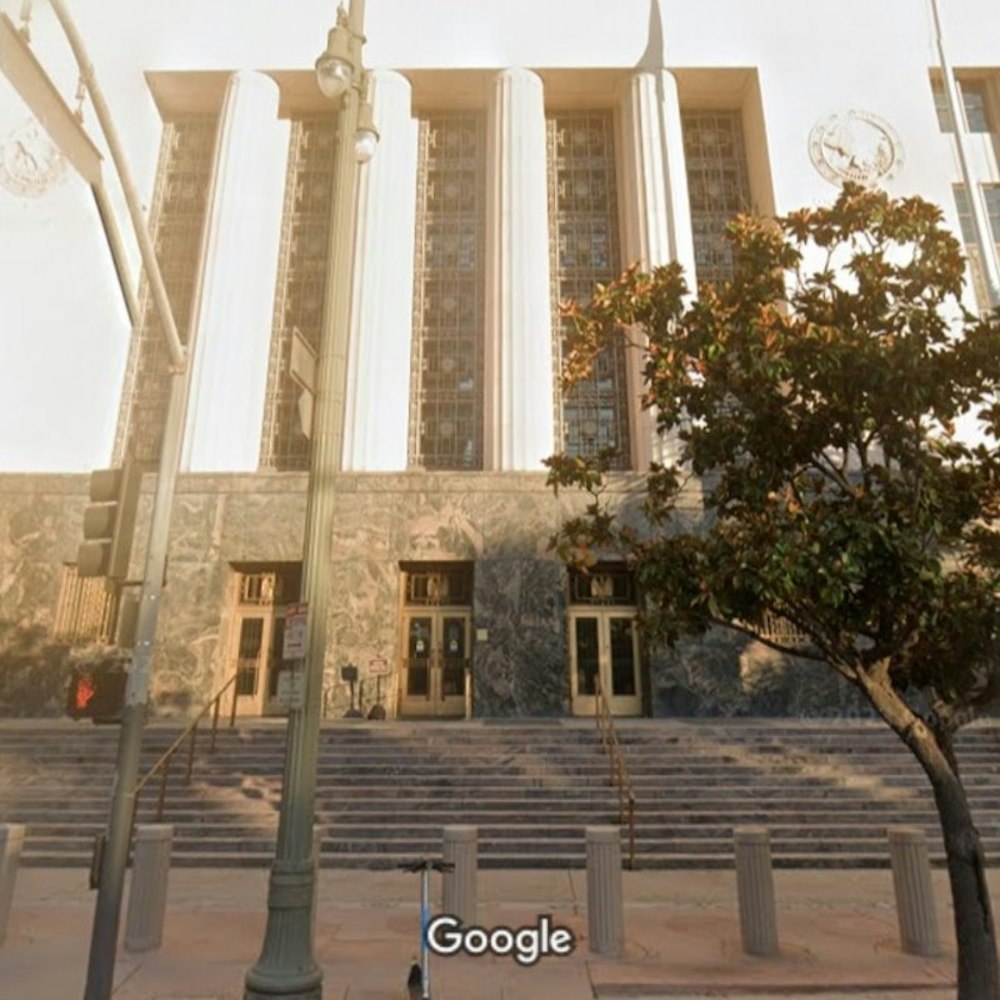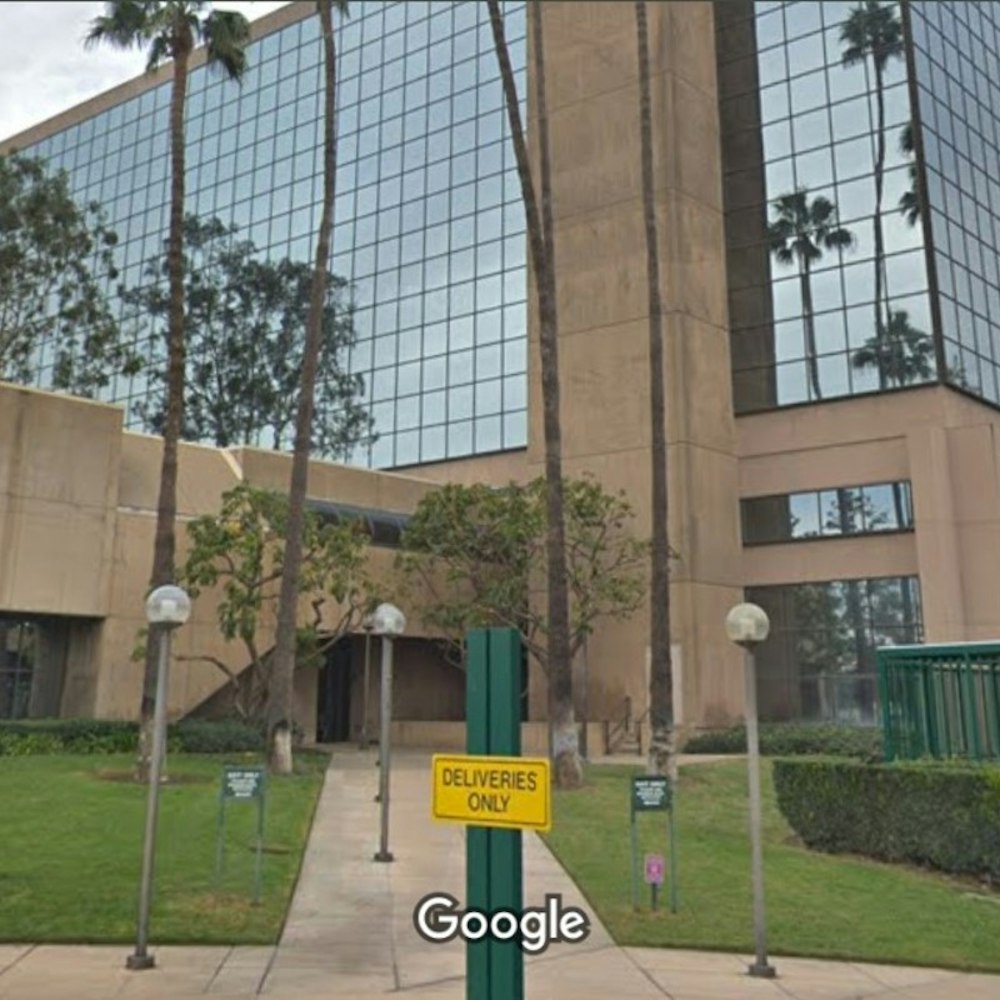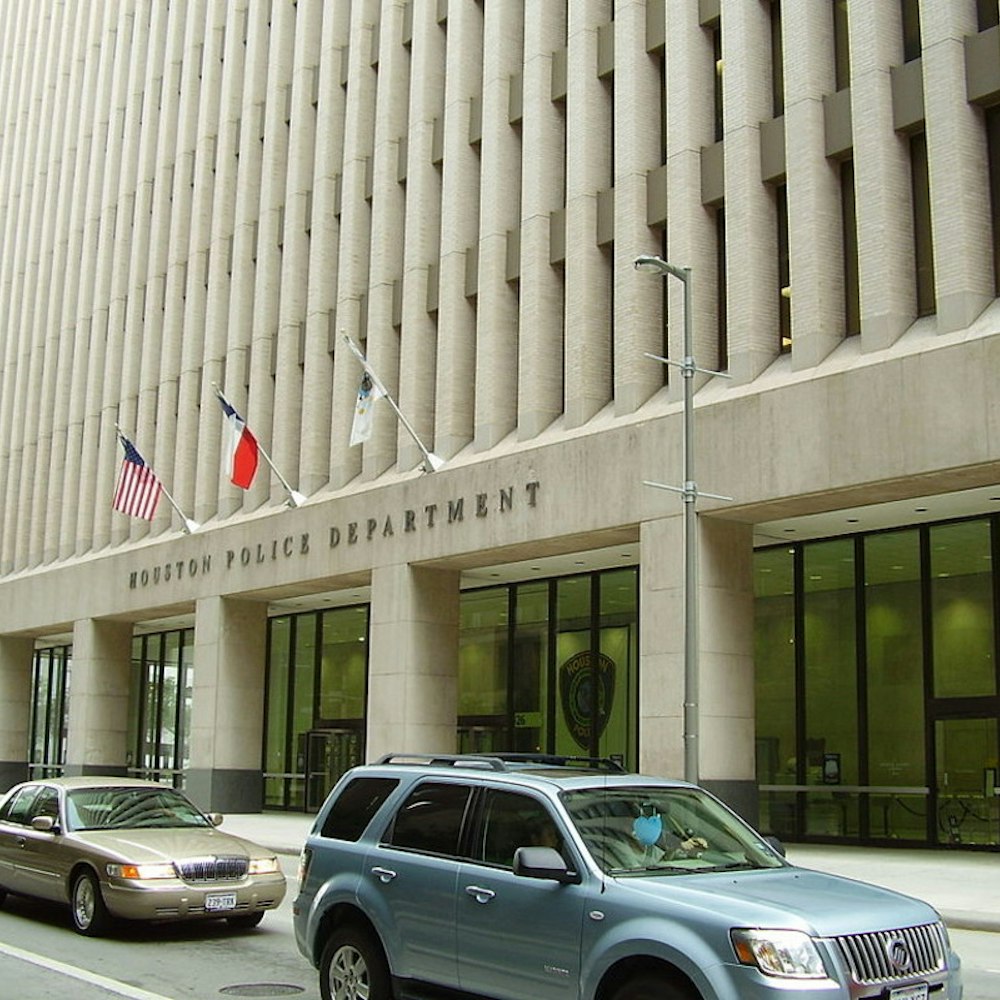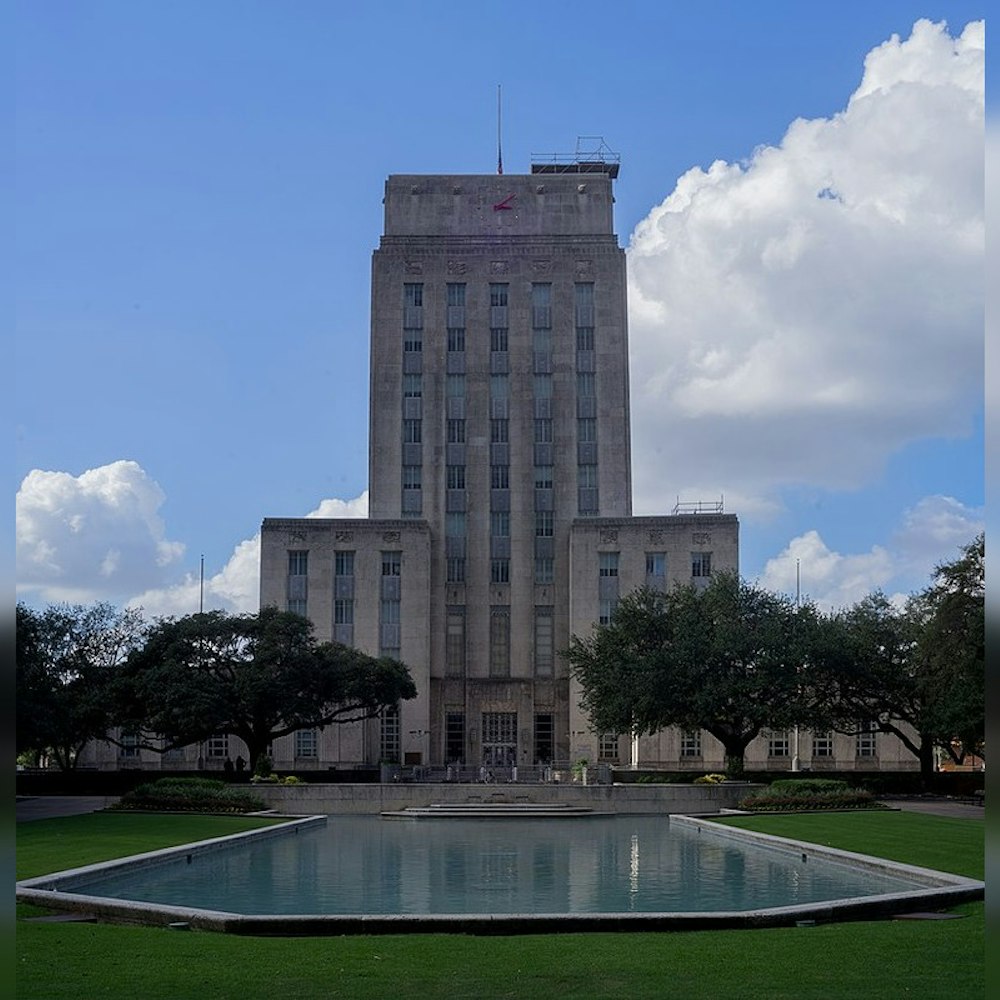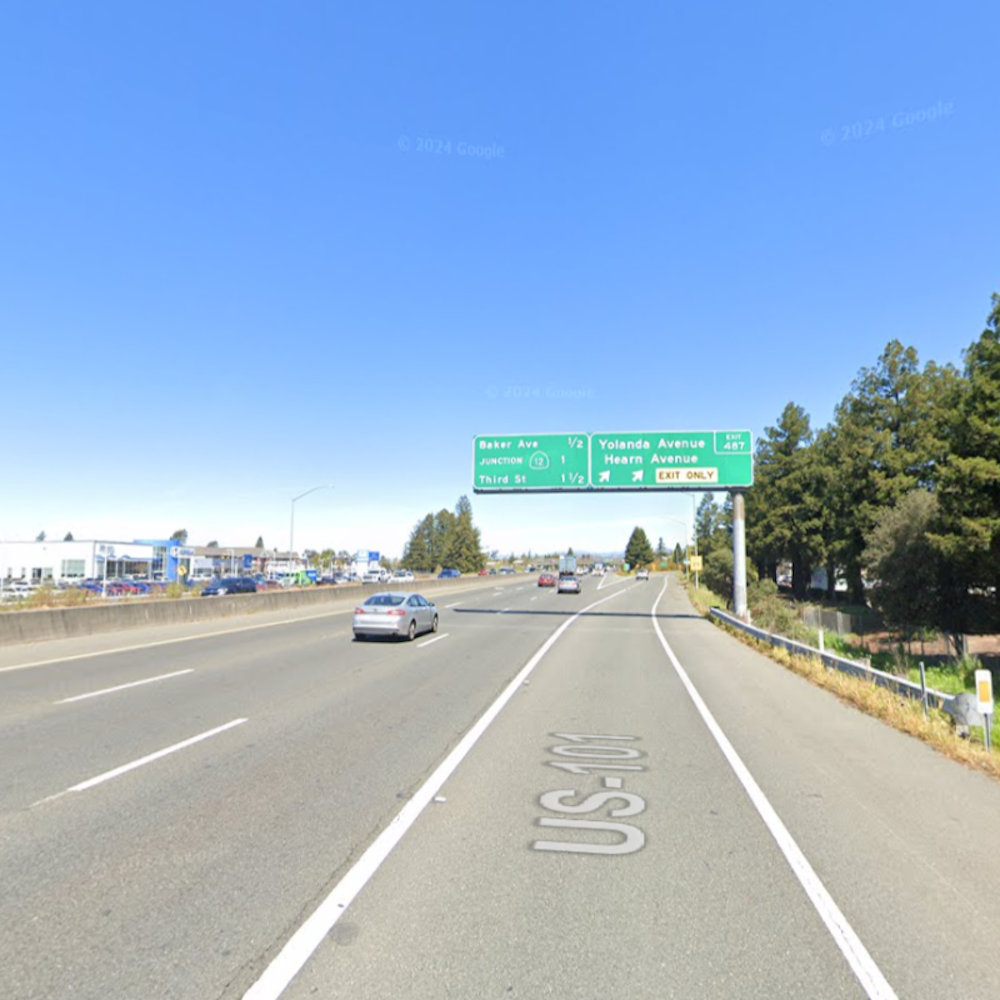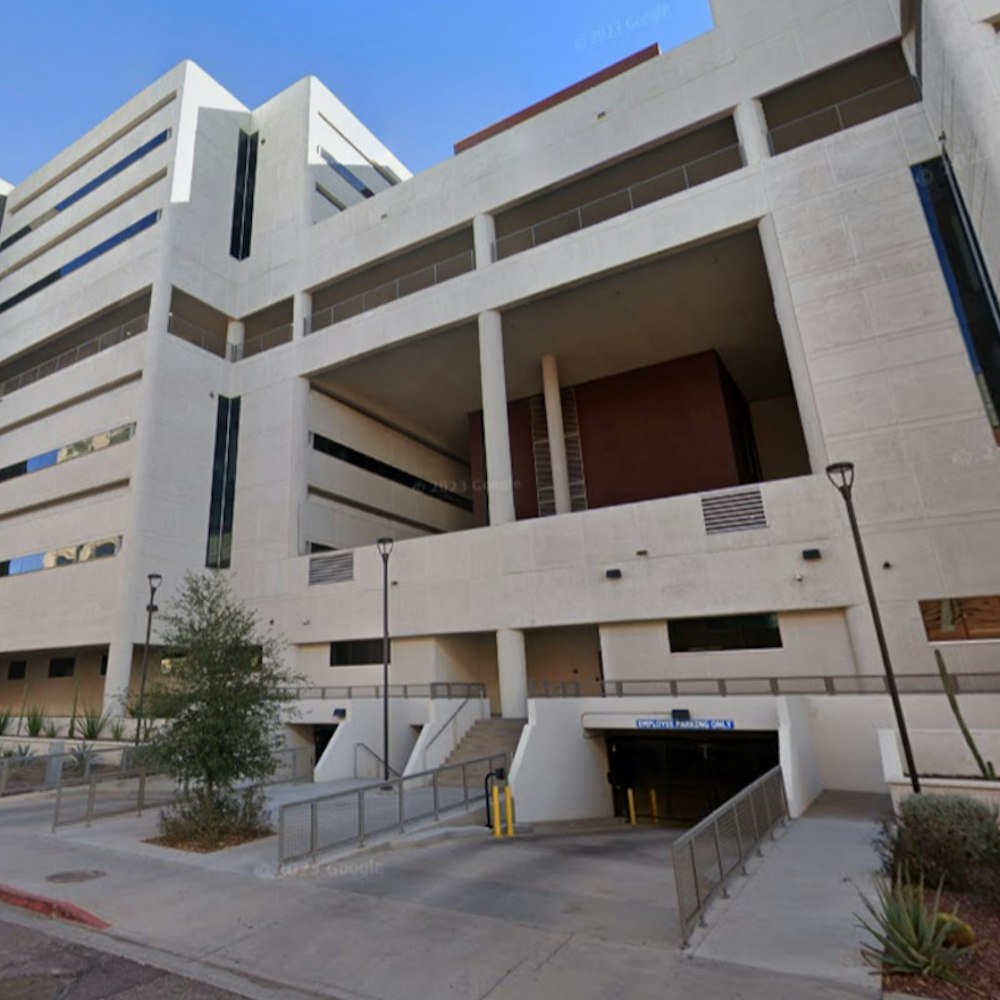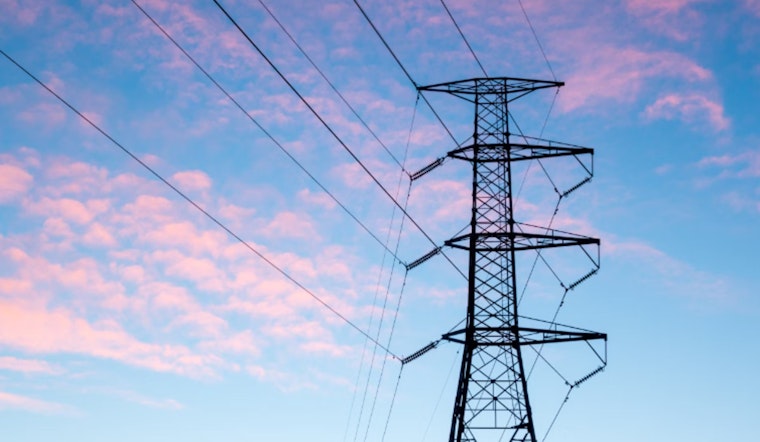
As Texas braces for a surge in temperatures this week, the state's power grid operator, the Electric Reliability Council of Texas (ERCOT), is raising concerns about potential grid strain. Texans may soon be asked to rein in their energy use to avoid power emergencies, especially with forecasts predicting the mercury to soar as high as 90 degrees by Wednesday, as reported by CBS News.
In a recent public notice, ERCOT flagged the possibility of insufficient power reserves as a significant number of power plants are offline for maintenance, a typical situation during this season. Texans might need to start conserving energy as early as Tuesday afternoon, a scenario that could extend through Wednesday. The call to conserve is to try to ensure there is enough power to go around.
Looming grid concerns are part of a broader debate on whether Texas should maintain its largely autonomous energy network. State lawmakers have, in the past, pointed to ERCOT's independence as instrumental in keeping Texas's electricity costs comparatively low. However, tensions surge as the reliability of this isolated system is continuously put to the test by extreme weather conditions. Recent legislative efforts by Texas Democrats in the U.S. House of Representatives include a proposal aimed to integrate Texas's power grid with neighboring states' grids, potentially reducing ERCOT's sole jurisdiction over its operation, as per KVUE.
Congressman Greg Casar, an Austin Democrat, expressed frustration over the persistent worry about grid resilience under extreme weather events. "Texans are tired of worrying if the grid will hold up every time temperatures become extremely hot or cold," Casar said, according to KVUE. His support for grid weatherization, along with the move to connect to other states, stems from evidence during Winter Storm Uri. Casar highlighted that areas like El Paso, connected to the west, and Beaumont, tied to the east, avoided the massive outages that other disconnected parts of Texas experienced. To circumvent such a crisis again, Casar argues for a more interconnected approach as a solution.
